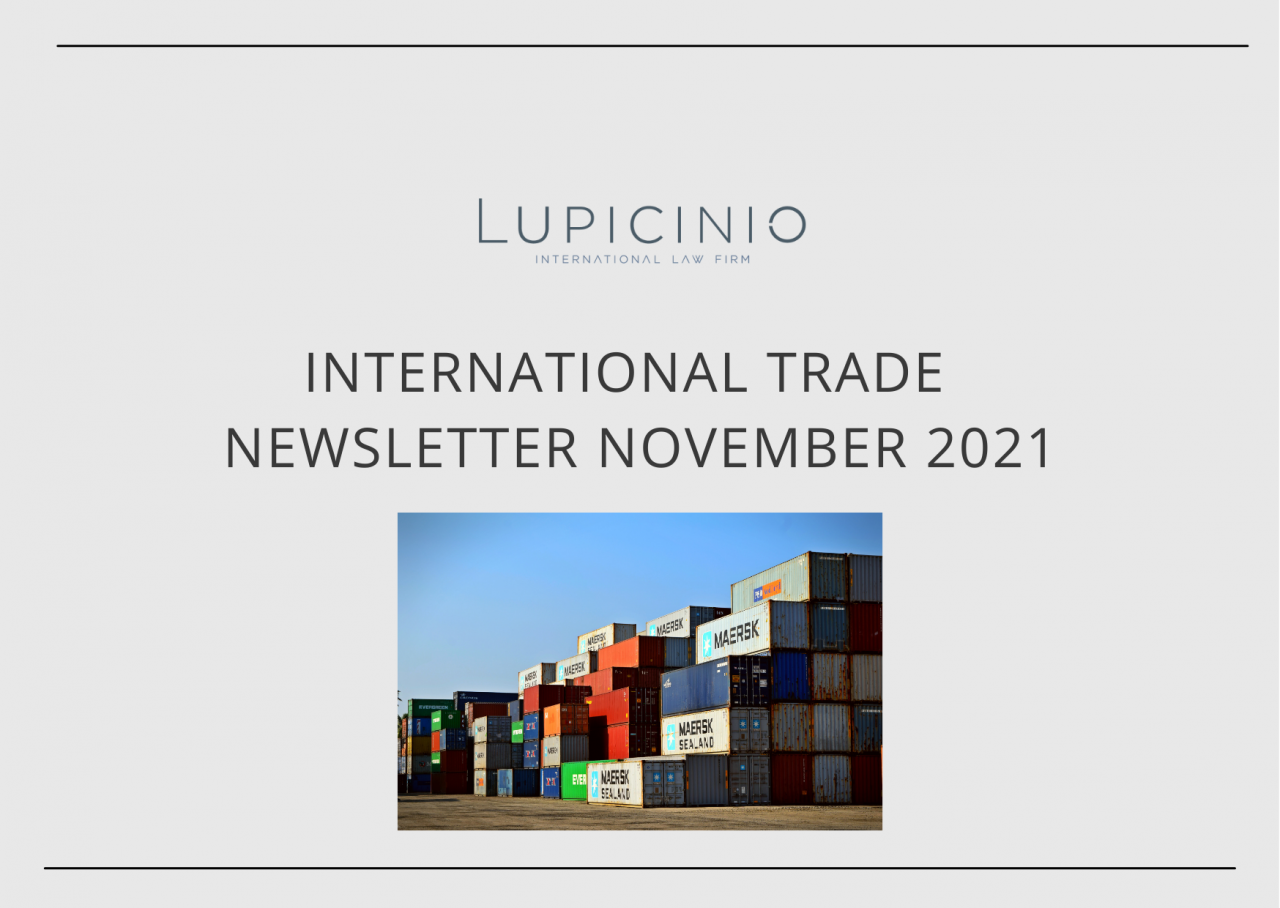Mashreq Bank Disposes of Depa Shares Exceeding $12 Million

The sale involved approximately 80.4 million shares, equating to about 10% of Depa's total share capital. Following the completion of this transaction, Mashreq Bank's ownership in Depa has decreased to approximately 17.2%. This divestment, coming at a price of AED 0.39 per share, illustrates a calculated move by the bank to reduce its exposure to the interior contracting sector while realizing gains from its previous investments. The shares were traded on the Dubai Financial Market, where Depa has been a notable player since its establishment.
This transaction marks a significant shift in the banking sector's relationship with construction and contracting companies, particularly in the wake of the UAE's rapid infrastructure development. As economic recovery continues post-pandemic, firms like Depa have benefited from government investments in infrastructure projects, boosting their operational revenue. However, Mashreq Bank's decision signals a potential caution in the sector as it reassesses risk and rewards associated with such investments.
Depa PLC has been pivotal in various iconic projects across the UAE and internationally, including the Burj Khalifa and the Louvre Abu Dhabi. The company has recently reported positive financial results, with its revenue witnessing a substantial increase due to ongoing projects and operational efficiencies. However, the banking sector's overall sentiment has become increasingly conservative, with institutions like Mashreq Bank prioritizing liquidity and diversification in their asset management strategies.
Mashreq Bank's leadership indicated that the divestment is part of an ongoing effort to refine its focus on core banking operations while maintaining a balanced investment portfolio. The bank has been exploring various avenues for growth, including technological innovations and digital banking initiatives. By reducing its stakes in non-core investments, Mashreq aims to allocate resources more efficiently towards sectors that promise higher returns and stability.
The divestment from Depa also occurs amid shifting dynamics in the UAE's real estate and construction industries. Analysts suggest that while infrastructure development remains robust, challenges such as rising material costs and labor shortages could impact profit margins for contracting firms. Consequently, financial institutions may reassess their positions in companies heavily reliant on construction contracts, which could lead to similar divestments in the future.
Depa, while navigating these challenges, has been proactive in its approach to maintain competitiveness. The company has focused on expanding its international footprint and diversifying its project portfolio, including a growing emphasis on sustainable and green building practices. This strategic pivot aims to align with global trends towards sustainability, presenting new opportunities for growth in an increasingly eco-conscious market.
Investors and market analysts are closely monitoring the implications of Mashreq Bank's decision on the wider financial landscape. The move is likely to influence perceptions of the construction sector's stability and growth potential. Should more banks follow suit and divest from similar investments, it may indicate a broader caution within the banking sector towards the volatility of the construction market.
This divestment could spark discussions around the future of banking investments in construction-related sectors in the region. As the UAE continues to position itself as a global hub for business and tourism, financial institutions may need to weigh the benefits of investing in emerging sectors against potential risks associated with traditional industries.
Stakeholders in the financial and construction sectors are urged to take note of Mashreq Bank's strategic shift, as it may set a precedent for other financial institutions contemplating similar moves. The emphasis on optimizing asset portfolios and focusing on core competencies could signal a trend towards more prudent financial management practices within the banking industry.

Join the conversation